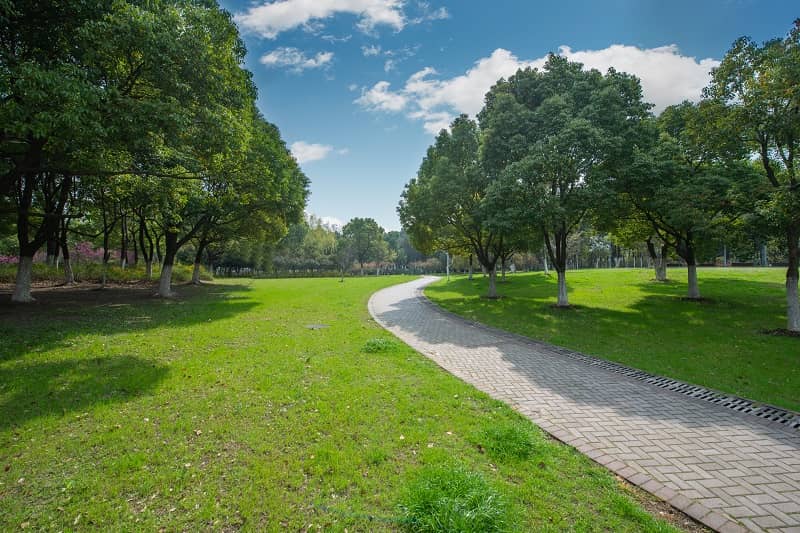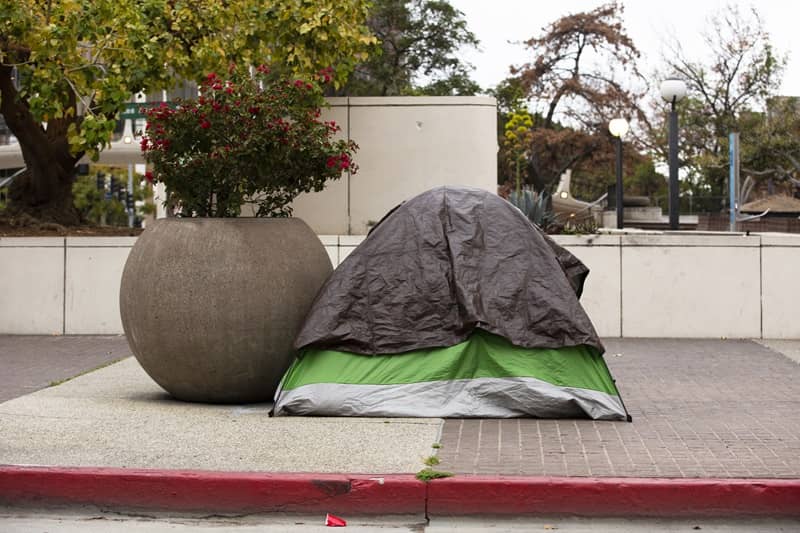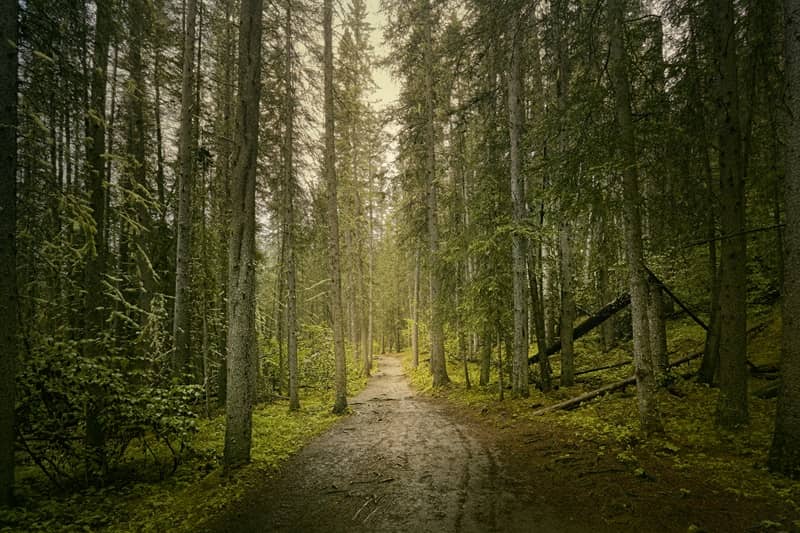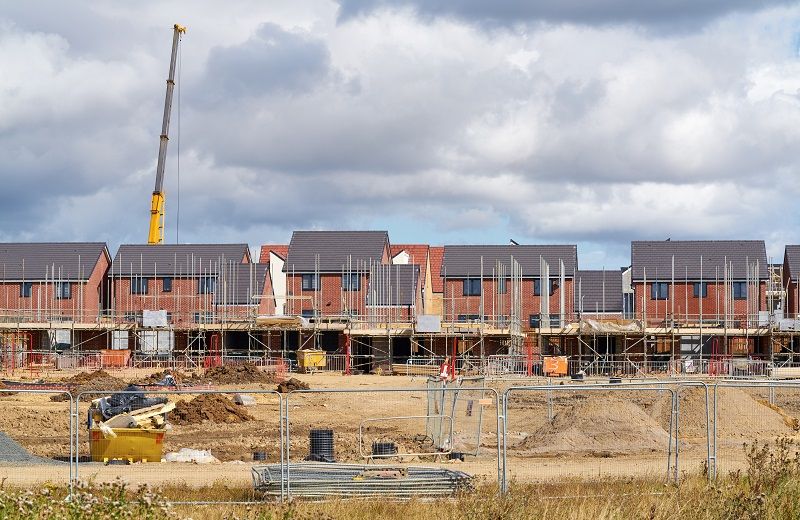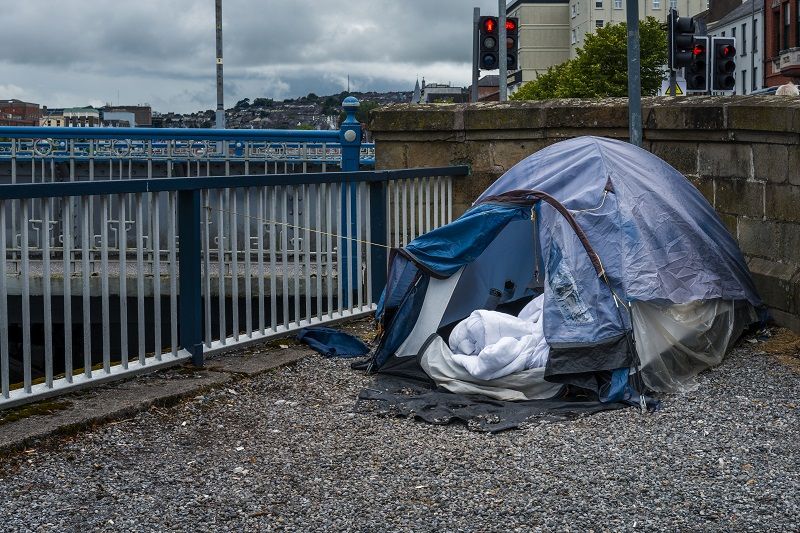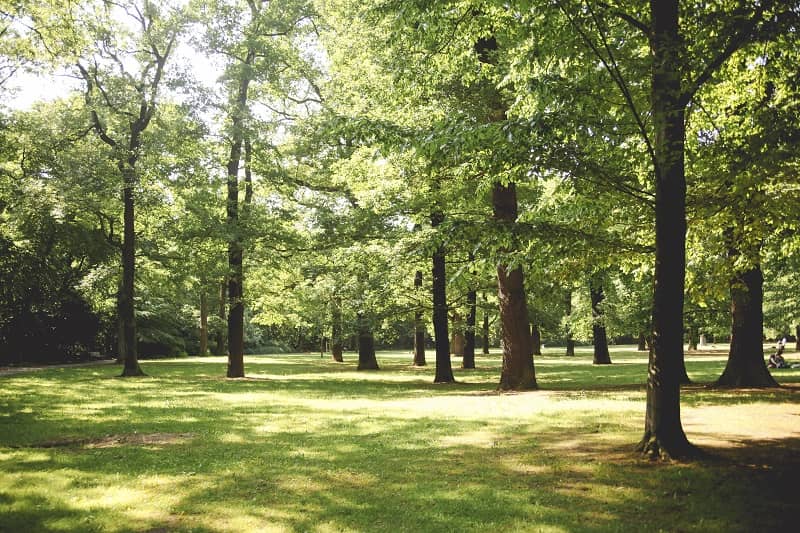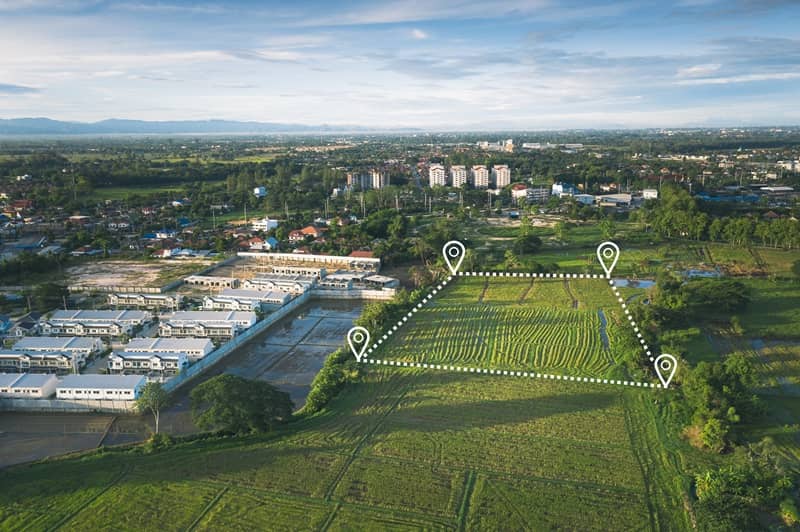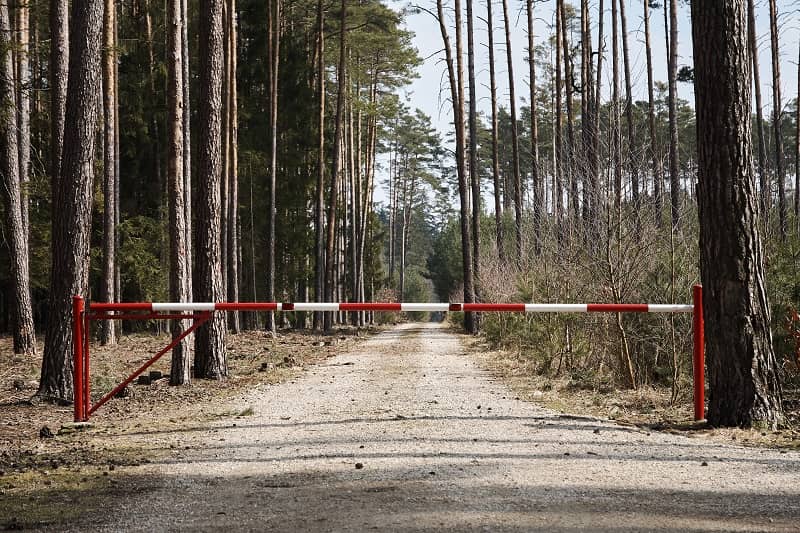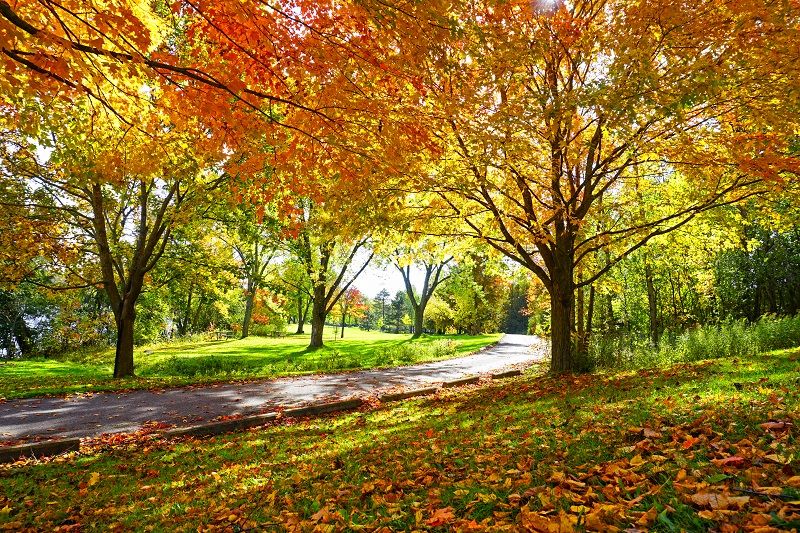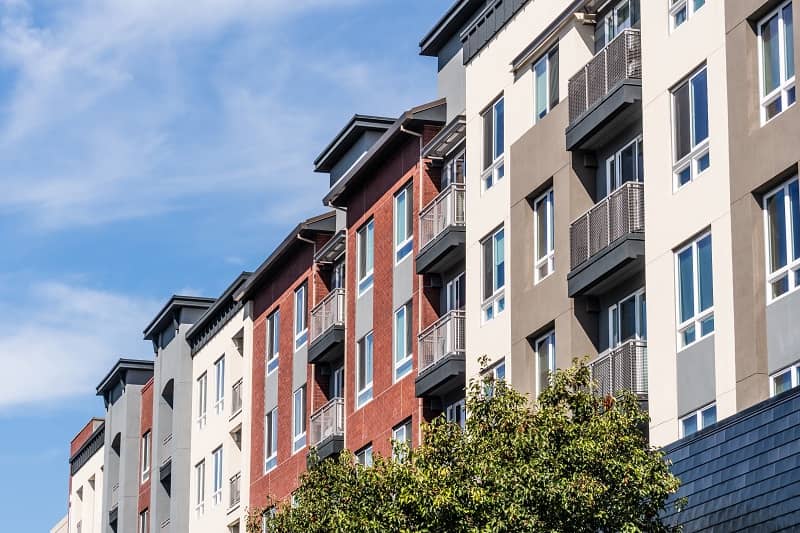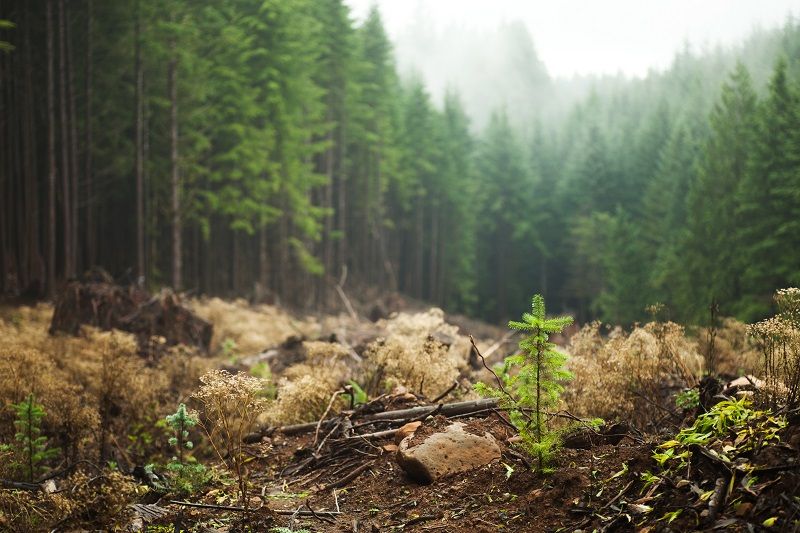By Helen Doran
In Metro’s latest quarterly newsletter, “Our Big Backyard,” the reader is invited to agree with Metro’s vision of nature on the condition that he or she keeps off Metro’s properties.
Ways readers can have access to Metro’s “Big Backyard” are glaringly absent from the newsletter. In fact, a better title for the newsletter could be “Our Hidden Lands” because an estimated 88% of Metro’s land acquisitions are inaccessible to the public. Moreover, the parks available to the public emphasize “passive recreation,” which often means no dogs, no playsets, and no picnic spaces.
Metro has a vision for nature that fits specifically with its agenda, not with the needs voiced repeatedly by area residents. Ironically, Metro condemns this micromanaging of nature in its newest newsletter, stating that historically, “Nature often creates very real barriers to access, but more often these barriers are constructed by us” by defining what is “city” and what is “wilderness.”
It’s time for Metro to take its own advice and break down the very barriers to nature it has imposed. Residents want accessible parks with recreational opportunities near residential areas. Metro needs to abandon its agenda of hiding nature and bring it to the people it serves.
Helen Doran is a Program Assistant, External Affairs at Cascade Policy Institute, Oregon’s free market public policy research center.
